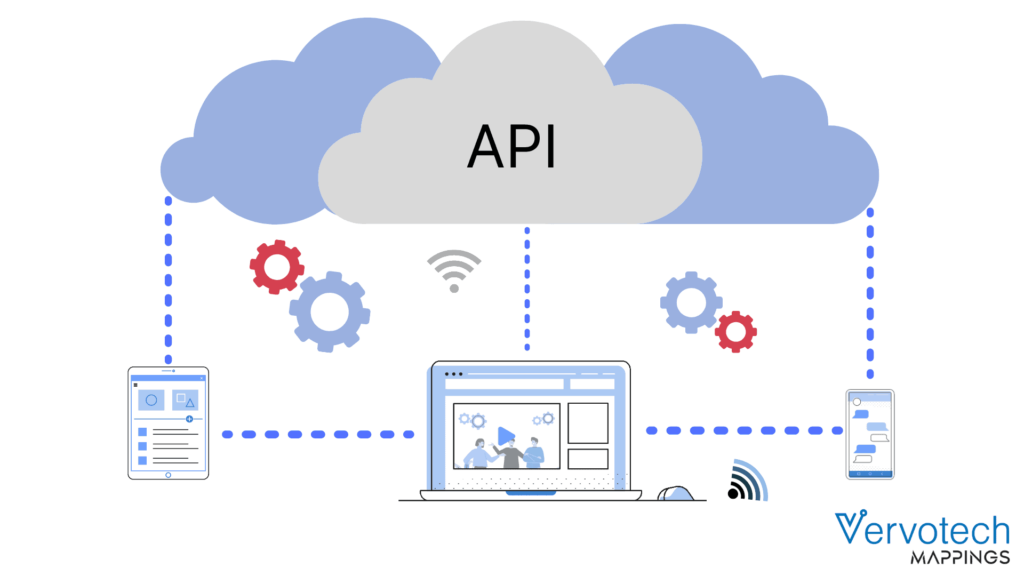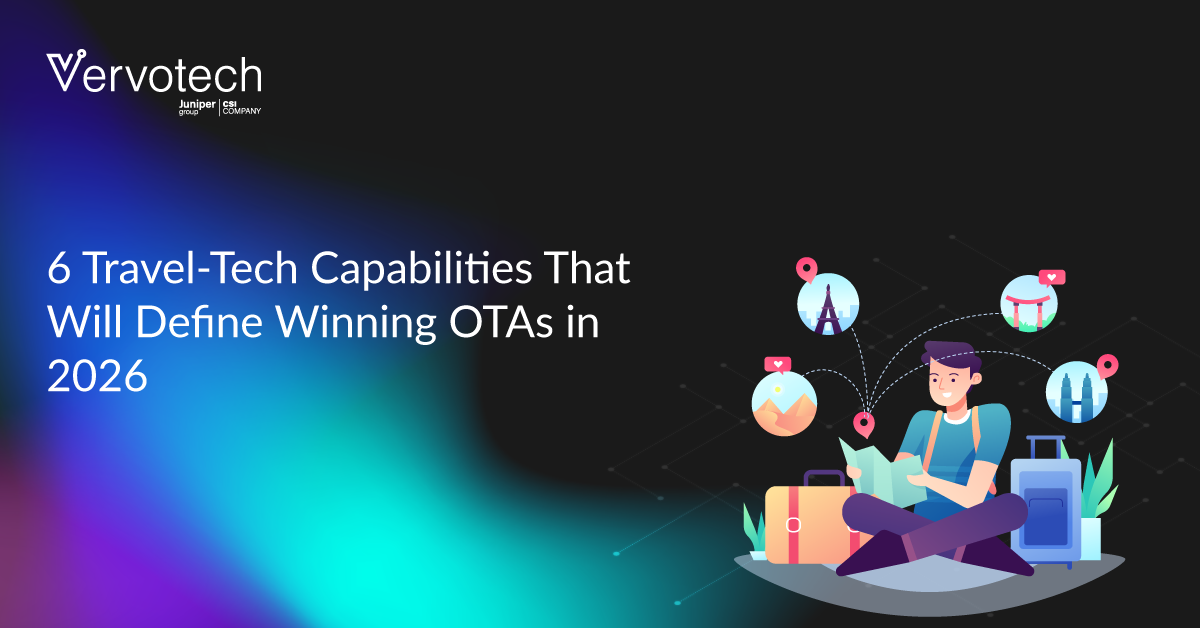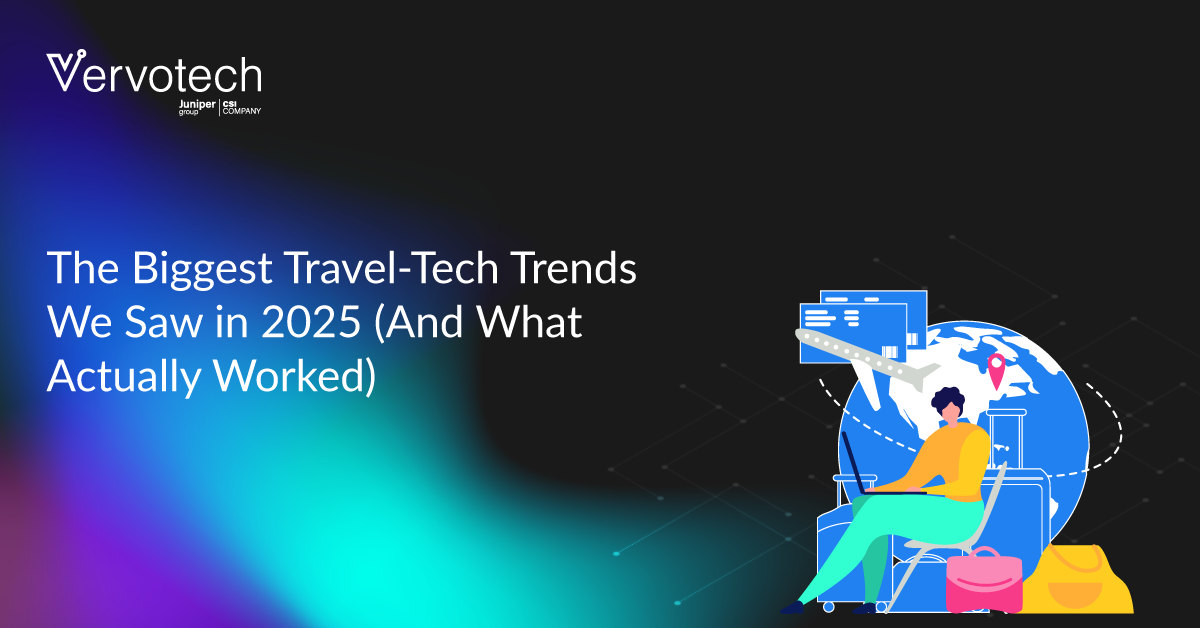The advent of the internet and the resulting boom of social media has impacted our daily lives in ways we cannot even comprehend – long gone are the days when people needed to queue up in long lines waiting for their chance at availing themselves any service, they can now simply book it off the internet. The various advantages and quality of life upgrades that the internet has brought about has successfully managed to push us into the digital era, an era where the entire world is seamlessly connected. Therefore, the most valuable resource in present times is perhaps information, the control of which provides entities with certain advantages that cannot be matched by any other source. Making this said information available to potential customers as efficiently and as accurately as possible to enhance their experience in any given platform and provide them with certain value-added benefits ensures greater profits and a certain competitive advantage.
As a result, there are now various technology companies trying to make this process as efficient as possible. According to a study by FuelTravel, customers make 20 to 30 website visits on average when availing of any service in the travel and hospitality industry. However, the study also showed that out of those 30 website visits, only 4.4 visits were unique. This shows that customers prefer availing all of their services from a single source if possible, through an ‘all-in-one platform’ as it provides maximum efficiency. Keeping this in mind, the key industry players have already started sharing and collaborating in terms of content not only to enhance the overall experience of their intended target market but also to increase their reach to other potential markets. This has resulted in an environment where more and more companies are now sharing data more openly to reap the benefits of a more connected system and make their products and services available to a greater number of audiences.
What is API?
The term ‘API’ is becoming extremely relevant in the modern scenario of technology firms and business owners must understand the exact meaning of this term to incorporate the same into their products and services. API, or Application Programming Interface, allows different companies to link software components without tweaking the source code. In other words, APIs allow connecting different data streams so that products can share certain features or functionalities. Going back to the results of the data, customers tend to book all their required services from one single platform since it provides them with maximum efficiency. Now consider a customer trying to book a hotel and then a cab service to that hotel – does the hotel provider provide cab services in addition to their basic service or does it make more sense to link another company that provides a cab service directly into their booking website so that the customers can directly avail that service? This is essentially the problem statement that Uber was trying to solve in 2014 when they made their ‘Request a Ride’ function available to other companies to integrate into their systems. With this simple integration, customers could book an Uber from any other platform that had the service integrated thus providing both companies with an added advantage over their competitors that did not have such integration. Fast forward to 2021, Uber’s revolutionary new feature has more or less become a staple across all related platforms.
Now that we have a better understanding of API and the ways it can enhance modern businesses, let’s look at some of the advantages that API provides and the ways modern businesses are implementing it to their advantage.
Also Read – Travel APIs: Flight, Fare, Rental, and Public Transport and the Top Vendors
Advantages of API
In addition to the enhanced customer experience, one of the biggest advantages of integrating APIs into an existing system is the significant reduction of costs when compared to alternative solutions. Companies can take advantage of various APIs without major changes to their existing platform thus allowing them to scale their businesses effectively. Following are some of the advantages that APIs can provide businesses in a modern context:
- Automation: By integrating various APIs, it is possible for a company to entirely automate most of their processes. This significantly reduces the manpower required to carry out the various processes of the company thus reducing overall operating costs.
- Application: APIs can be integrated into various ways depending on the needs and the requirements of the company thus making the delivery of services and the scope of the company more flexible.
- Scope: As discussed earlier, integration of various APIs can significantly increase the scope of any given business by making more services available to the end-user thus enhancing their experience.
- Information: The modern business scenario is driven by information. By integrating various APIs into one’s system, it is possible for them to intrusively gather data from various sources accurately and without discrepancies. This allows for smoother operation and better decision-making in the long run.
- Efficiency: To continuously improve one’s services, one needs to be extremely efficient when it comes to the delivery of their services. APIs, by automating various systems, can make the entire process more efficient thus driving customer experience.
- Integration: APIs allow for embedding content from various sources thus ensuring fluid content delivery and an integrated user experience.
- Personalization: It is essential that the products and services that are offered by companies are personalized according to the needs and wants of the target market. By integrating various APIs into the existing mix, a company can provide an extremely intuitive and personalized experience for their customers.
- Adaptation: When addressing the various needs and wants of any given target market, it is also essential to keep in mind the various trends that drive customer choice and need. Therefore, the needs and wants of any given target group will change over time and orienting the various products and services of a company according to the same can be a very tedious task. APIs can help a business make such changes quickly and without risks by allowing content from various sources to be integrated into their existing thus allowing the company to adapt over time.
- Innovation: Innovation is the key to success and therefore, companies must constantly look to innovate to drive changes in any given industry. By allowing for various services to be integrated, APIs are constantly driving innovation in a modern context.
Now that we understand the advantages that API provides to modern businesses and developers, let us look into some of the ways different APIs are providing a certain competitive edge over other competitors in the travel and hospitality industry.
Role of API in Modern Travel and Hospitality
The travel and hospitality industry is one of the core industries operating in the service sector that is providing an extremely essential service to modern society. Therefore, the businesses that are operating in this sector must be constantly aware of the various trends and factors that are influencing customer behaviour to orient their products and services effectively. It is quite understandable that inventory and pricing are two of the most important factors driving customer choice and thus companies that can provide better products or services at competitive rates will always attract more audience. To scale effectively in the modern global business scenario, a business or a service provider must work with multiple suppliers to provide the best possible listings and prices thus driving customer experience. APIs can make this possible by integrating various services into your existing system without altering the source code thus opening up a world of possibilities. Want to display weather on your app? Simply integrate the Accuweather API into your system and you will instantly gain access to all their data feeds thus allowing your users to make informed decisions regarding bookings depending on the weather forecast.
However, working with multiple suppliers that are constantly feeding data into your system can be an extremely tedious task and can result in inconsistencies. If you are an online travel agency or a supplier that is working with multiple businesses, you will understand the difficulty behind consolidating data from multiple sources and then getting rid of inconsistencies. In the travel hospitality industry, one of the key challenges today is a hotel and room mapping, properly registering the various attributes of hotels and rooms and displaying them correctly on a given platform. Incorrect display of listings or duplicates can result in huge losses for a company not only through damage control but also due to the loss of brand image and value. Customer satisfaction and experience are extremely essential in the service sector and such inconsistencies can seriously affect the image of a company in the long run.
To address this problem, we at Vervotech developed Vervotech Mapping, an intuitive API that makes gathering data from multiple sources extremely efficient. If you are working with multiple suppliers, then Vervotech Mapping can instantly get rid of duplicate listings to provide the best possible inventory for your customers. Click here to learn more about integrating Vervotech Mapping into your system and the ways we are helping modern travel businesses grow.








